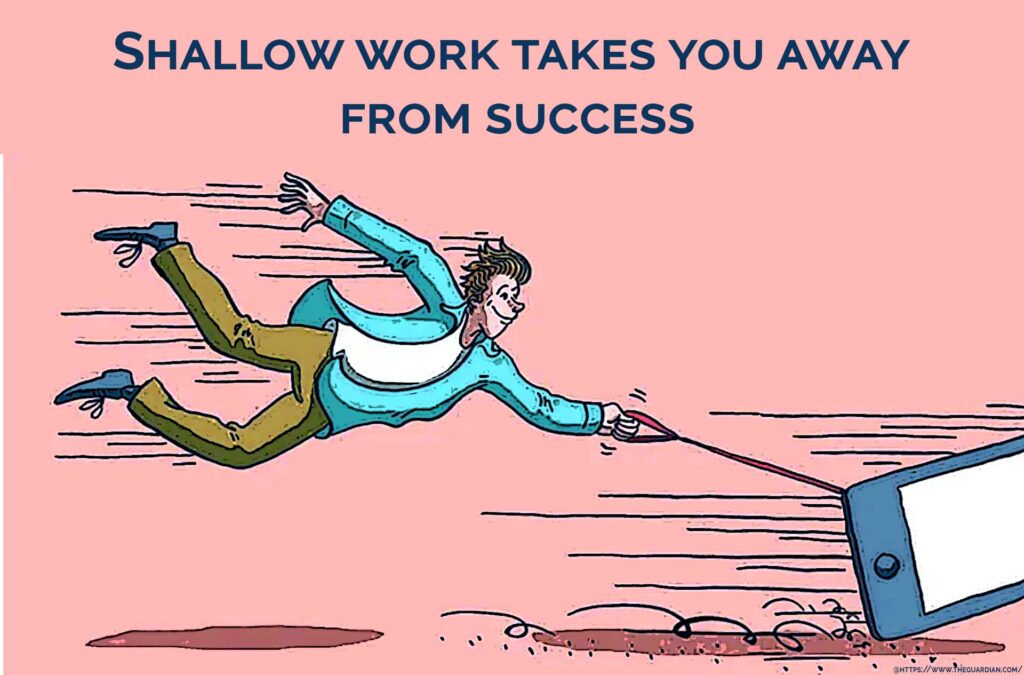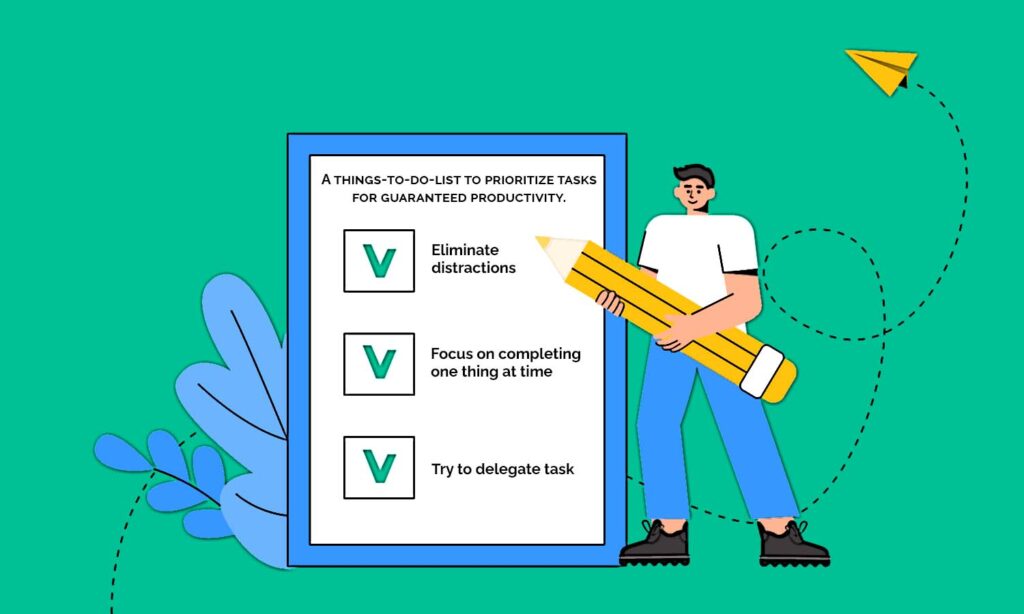Some years ago, I worked in an organisation where a bespectacled man nearing retirement feigned efficiency by sitting for hours on end before the desktop or television. His productivity was negligible but he had mastered the art of projecting himself as the most dedicated and loyal employee in the company.
Entrusted with the task of monitoring news, he was actually playing games on his computer and even checking his luck in the fluctuating stock market. Obviously, the screen was not visible to the bosses and he got away with professional dishonesty. He had been on the payrolls for more than three decades. To impress bosses, he would not step out for lunch and was even hesitant going to the washroom when they were around. Like an elementary level schoolboy, he would cup his mouth by ducking under his desk to secretly catch a bite from his home packed tiffin. In between monitoring news, he would also offer to do odd jobs such as getting Wi-Fi connections fixed, calling photocopy machine engineers to service the machine, calling lift maintenance companies and what not. Strangely, this was not his work. It was clear that he was presenting himself as an indispensable multi-purpose worker, doing the work of everybody else but missing stories in his own domain. Unfortunately, he succeeded in tricking some gullible bosses with his misleading dedication to work. Support staff made fun of him as he encroached on their work territories as well. But if you were to ask me, “Was he successful?” I would say, “No.” Here lies the fine difference between being busy but not being productive or useful to an organisation.
Thankfully, some smart bosses could see through his armchair journalism. The fact is that he was bluffing himself. Since he would not go to the field for gathering news, he had no real sources. So, when big news break happened, he would struggle to get information and contact sources that mattered. All he could manage was information from secondary sources such as news agencies, live updates on digital platforms, television news. These were his lifelines. When asked to get a quoteworthy opinion on a critical issue, he would fabricate quotes by stealing opinions of experts from opinion pieces on think tank websites and pass these off as his own. The smarter and the more discerning bosses dismissed him as manipulative and hired a professional staffer to teach him real journalism.
The idea of giving this example is to drive home the fact that such staffers don’t do any good either to themselves or to the organisation. They cling to the job only for a stable pay cheque but are not really rated successful or professional by the organisation
‘‘
Know the difference between being a workaholic vs. a high performer. The former wants to look more important, but the latter seeks out important work. Knowing the difference can help you do more in each moment of your day.
- Jullien Gordon, High performance coach
Workaholic and High Performer: What’s the Difference?
In contrast, the highly productive people are real go-getters. They know how to master the day by setting small term accomplishable goals and logging their activities. Just as some people maintain a record of their expenditure to know where they are spending the money, the successful people track the time.
Jullien Gordon, High Performance Coach says, “Know the difference between being a workaholic vs. a high performer. The former wants to look more important, but the latter seeks out important work. Knowing the difference can help you do more in each moment of your day.’’
To be successful, one must have a clear conscience. My argument about this is plain and simple. How can somebody who feigns to be super busy at his workplace without any substantial meaningful contribution have a good night’s sleep? Honesty is a prerequisite for real success, not success that is achieved by shortcuts like lies, deceit, credit stealing and manipulation.
The reason is simple. Nothing can be achieved by a person who only feigns that he is busy. As the late U.S. President Abraham Lincoln said, “You can fool all the people some of the time, and some of the people all the time, but you cannot fool all the people all of the time.”
Understanding Types of Work
It is equally important to understand that distractions do not contribute to productivity and it is therefore essential to eliminate them. We are taught early in life by our parents, teachers and guardians to do everything in our power to give our fullest attention to the task at hand. In reality, the highly productive people are real go-getters. They know how to master the day by setting small term goals and logging their activities. Most of us also get bogged down by the regular flow of workplace mails. It makes sense to unsubscribe from unwanted mails as much as it is to exit avoidable WhatsApp groups where random posts from members can actually interrupt your work.
In his book ‘Deep Work: Rules for Focused Success in a Distracted World’, Cal Newport introduces two types of work: Deep work and Shallow work.
Deep Work
According to him, deep work involves discharging Professional activities in distraction-free concentration that push your cognitive capabilities to their limit. It creates new value, improves skills, and is hard to replicate. Researching, exploring ideas, writing thoughtful content, analysing data, and developing a strategy are all examples of deep work.
Shallow Work
His definition of Shallow work involves logistical tasks that don’t require much brainpower and are often done while distracted. This work does not usually create new value and is easy to replicate. Dealing with email and chat messages, checking social and platform notifications, pulling reports, and data entry are examples of shallow work.
To my mind, a bird that flies far to collect twigs and material to make a nest is an exception. She is both busy and successful. But in real life, overstressed executives who are forever complaining of paucity of time are not really successful.

Are we fearing inactivity?
Some of us take great pride in our ability to do several tasks at the same time.. Experts say that multi-tasking actually slows us down and busyness actually makes us less productive. Neuroscience studies on the functioning of the brain suggest that every time we switch tasks (what we call multi-tasking), it’s “expensive” for us in terms of lost time and productivity. A study published in The Journal of Experimental Psychology showed that those who multitask are less effective than those who focus on one project at a time.
Researchers from the University of Chicago found that the belief that busyness is a sign of success and hard work is so prevalent that we actually fear inactivity. The researchers also found that people use busyness to hide from their laziness and fear of failure. They burn valuable time doing things that are not necessary or important because this busyness makes them feel productive.
True productivity is the ability to create high impact results in a short amount of time.
Management Consultant Peter Drucker said, “Until we can manage time, we can manage nothing else. To be productive, you need to keep your motivation high.”
How often have we come across salesmen in groceries who play deaf when a customer inquiries about a product? They come to the shop at 9 a.m. and some of them even work beyond the eight hour shift but what is their contribution? It is not uncommon to find salesmen complaining of unrealistic monthly sales targets to sell white goods such as air conditioners, television sets, washing machines, coolers, heaters and laptops.
‘‘
Many organisations fail after they succeed because they think they own success and forget the rent is due every day
- Pat Sullivan, A coach, teacher and administrator
Customer satisfaction is the Prerequisite for Productivity
Kory Kogon, author of The 5 Choices: The Path to Extraordinary Productivity, points out, “We do feel that busy equals productivity and it is not.”
In the super competitive world of journalism, a reporter is as good as his last story. The hours he spends chasing news and sources and digging out information must yield a regular steady flow of news stories and exclusive news reports. Way back in 1993, my first Chief Reporter in the New Delhi bureau of The Statesman, one of India’s most respected news dailies, told me that in journalism, a reporter’s by line or credit line is a measure of his/her productivity. Abid said that journalism is an open show where readers and peers judge you on the basis of your actual output that is instantly visible. Of course, this theory may not hold well in case prejudiced desk person tosses out a reporter’s by line.
Pat Sullivan, a successful coach, teacher and administrator in the Chicago area for 44 years, says, “Many organisations fail after they succeed because they think they own success and forget the rent is due every day.”
So, what is important is to keep challenging oneself to do better every day.
Look at a watchmaker. He spends a good part of the day straining his eyes to repair watches. But his success at the end of the day can be measured only by his satisfaction with his output. The same is true of a daily wage worker like a cobbler sitting by the roadside. It is not about how many hours he sits on the pavement with his head bent down to fix footwear and leather goods but what he actually repaired. If his clients come back to him or refer him to their friends, surely his work has yielded results. Satisfaction of the customer is a prerequisite for good productivity.
Don’t be Busy, Be Productive
Noted author Robin S Sharma has said “Don’t confuse activity with productivity.” Some people are simply busy being busy.
Let us look at the number of civil service aspirants in India who change their routine and spend hours on end everyday preparing for the examination. Some of them join well known coaching academies and others join online classes. Those who cannot afford either of these seek solitude in libraries and sit in the reading room from 10 a.m. to 5 p.m. Once they are back home, they resume studies after a two hour break, stay up all night and sleep barely five hours. The question is how many of them succeed in the preliminary examination. What is crucial is not the number of hours that one needs to invest to succeed but a focused approach where even five hours can guarantee success.

In my view, productivity can be guaranteed if people begin to prioritize tasks after making a things-to-do list, eliminate distractions, focus on completing one thing at a time and try to delegate tasks that can be done by someone else. So, how can one eliminate distractions in an era where most of us are addicted to checking our mobile phones? The best way to get rid of distractions is to put the phone on silent mode, turn off email notifications, put a do-not-disturb sign on your door and have a clutter free workplace.
In his book Being Busy is Not Always Productive, Delhi based author Deepak Gupta writes, “You know why people fail because they use their right energy in the wrong place. They use their energy at the place where they can’t even judge how much capability they have to accomplish the right tasks. People fail at the wrong tasks and get afraid to do the right tasks in life. Time has nothing to do with productivity.’’
Being busy and being successful are surely two very different things. So next time, you don’t answer a call and text declaring, “I am busy”, give it a rethink. It makes manifold sense to be productive and say. “I am productively preoccupied.” This affirmation will push your limits to justify your affirmation.




